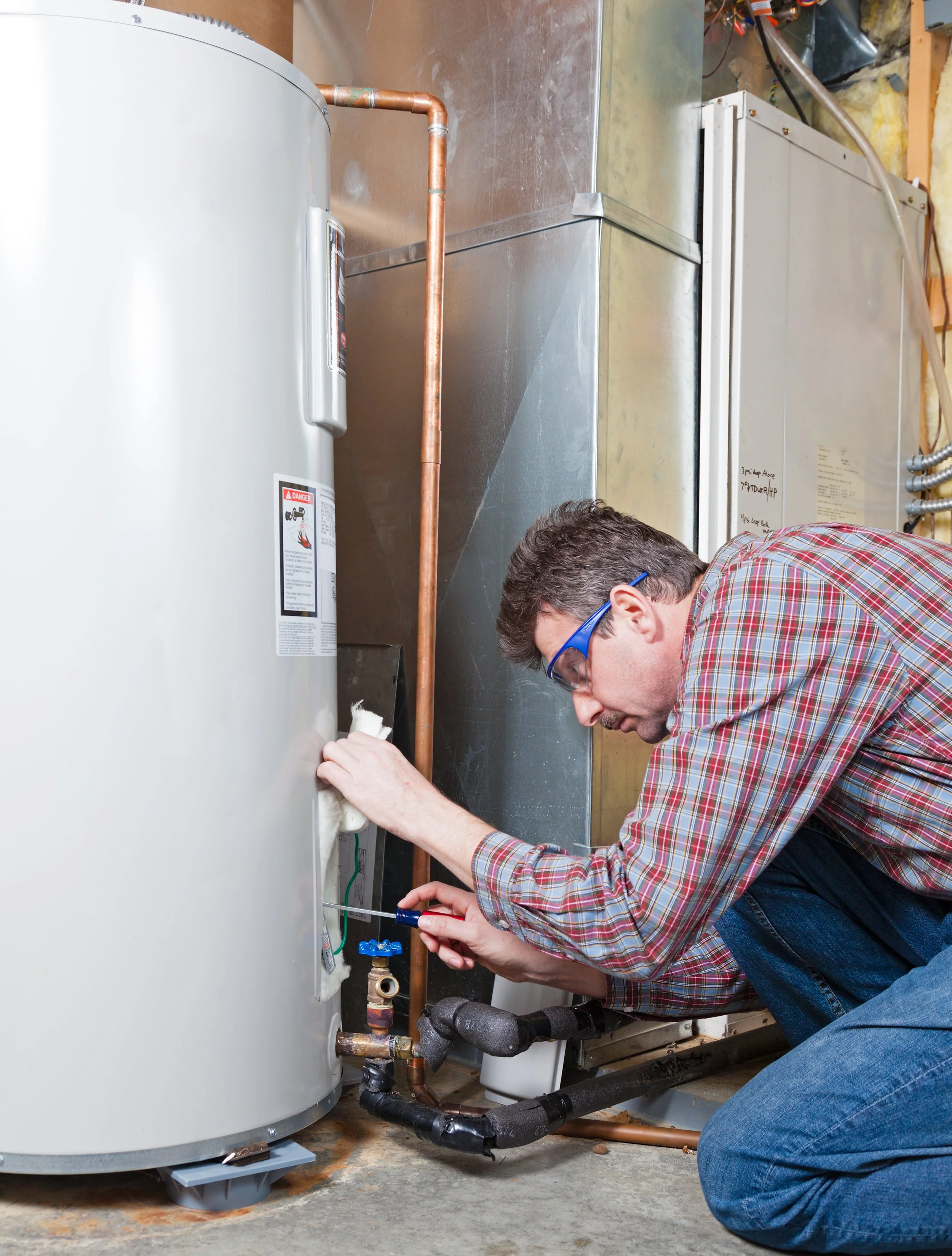5 Smart Ways To Reduce Water Heating Costs
RH Business Marketing Solutions
Heating a house is not inexpensive, and neither is warming water. You've probably already attempted to cut your household’s expenses, but your monthly bill for vital services or utilities is still sky-high than you'd wish; your water heater might be the source of the problem. It's worth mentioning that heating water contributes to a sizeable chunk of your utility cost. In fact, second to heating and maintaining a cool atmosphere, your water heating cost is likely to be the second major expenditure in your house.
Consequently, adjusting your water heater system and tracking your consumption can lead to big savings. Fascinated? Continue reading to find out how you may reduce your water heating bills. Here are five smart, cost-effective water heating ideas that will undoubtedly assist in reducing your high-water heating bills:
1. Install A New Hot Water Heat Pump
Suppose your water heating bills give you sleepless nights, and you're presently using demand-type or instantaneous water heaters. Why not consider buying a new hot water heat pump, especially if the water heater you're currently using has been in use for more than a decade? Your present water heater is probably reaching the end of its useful life; nevertheless, new models are more economical and productive than the last-generation water heaters used in households.
Find out more here about how wasteful an old water heater is and how you can own a new hot water heat pump and run or operate it for free.
2. What About A No-cost Custom Or Routine Change?
Inside The Bathroom: Nothing beats more than a hot shower after a long day at work. However, a sumptuous hot bath can significantly increase water heating costs, especially if you prefer to fill your tub to the brim.
Installing a showerhead, particularly a low-flow showerhead, will help to reduce your water heating expenses significantly. A low-flow showerhead uses significantly less water; consider that a showerhead emits sprays of water, which means that during a ten-minute shower, you will use fewer gallons than you would for filling a bathtub.
When Doing Laundry: Unless you have a lot of dirty clothes, you don't need to use hot water to clean them. If you use warm water rather than hot water, you may reduce the energy consumption of the load by half; cool water, on the other hand, has nearly zero or no expenses.
Take note that several washing powders on the market work effectively in cold water. As a result, if you use hot or warm water, you may rinse your clothing with cold water to conserve electricity.
3. Regulate Your Thermostat
Many water heater thermostats are factory set at 140°F, but a normal household only requires around 120°F. As a result, make the adjustment before having a shower; you won't notice a major variation in temperature. This minor change can help you save money while reducing boiling and slowing mineral formation and rust in your heater and tubes.
4. Remove The Dregs From Your Tank
As you use your water heater, dregs accumulate; these sediments must be eliminated. Many experts suggest performing this simple maintenance twice a year, although it's best to do it quarterly. So, why should you do this regularly? This is because sediments force your water heater to work like a Trojan, resulting in a high-water heating expenditure and a short lifetime for your water heater. Doing it quarterly will go a long way to saving you a lot of money in bills and high maintenance costs. Hey! Please don't postpone; it will take less than twenty minutes to perform this preventative maintenance task.
5. Fixing Leaks Can Be The Magic Wand You've Been Looking For
Have you established that there's no leaky faucet, shower head, or pipe? You may be dipping into your savings to pay your water heating expenses for water that is practically going to waste. Consider this: one drop of water every second down the drain may easily amount to more than 1,000 gallons annually, which might set you back around $30 annually based on your rates. Fixing a leaking faucet could be as simple as changing a rubber or plastic ring or a shower head; it might be something you can do yourself.
If the leak is behind the walls, you'll have to involve a plumber. A stuffy odor, mold, or dampness on the walls indicates a leakage.
Final Thoughts
Turning off the water while soaping up, especially when taking a shower or washing your hands, are two ways to save money on water heating. If these seem unattractive, you're in luck since you've learned about various ways to save money without sacrificing comfort, ranging from easy do-it-yourself home repairs to significant investments that pay back with time.
